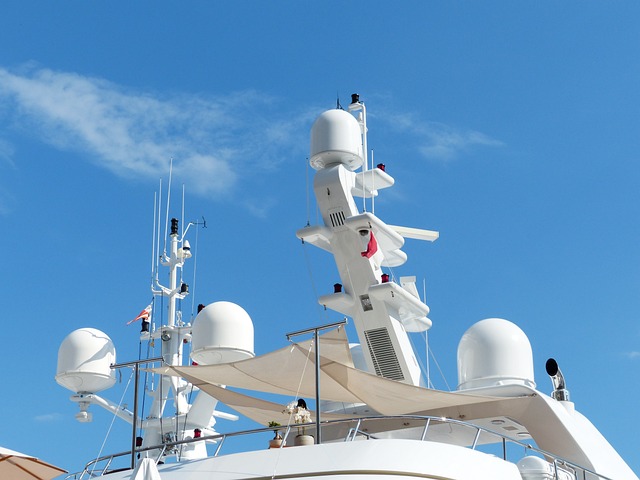
Troubleshooting electrical problems in your boat can be frustrating, but it does not have to be if you keep up with proper maintenance.
Troubleshooting electrical problems in your boat can be frustrating, but it does not have to be if you keep up with proper electrical maintenance. Most issues with marine electrical systems arise from a lack of maintenance, poor initial installation, insufficient battery capacity, or ineffective charging systems. You can set sail quicker by educating yourself on some of the most common marine electrical problems and how to fix them.
Poor Connections
The most common issue with electrical circuits on boats is not the short circuit, as is often believed. Instead, the most common fault is the “unwanted open.” This is a circuit where electrical current flow is interrupted by creating an “open” in the electrical flow of things. Simply put, something has come unplugged. This can be caused by a faulty connection or a friction connector that unplugs itself. Often, the root cause of these issues is poor initial installation.
Battery Issues
If you press the starter button and the engine’s solenoid clicks, but the engine doesn’t turn on, the likely problem is with your battery. If the rest of your onboard electrical gear works, you know the battery is ok. Then, one of the batteries likely has a corroded terminal. To fix this problem, disconnect both connectors and clean the terminals with a battery cleaning tool or wire brush. It’s important to do this regularly during the boating season. Leave the battery terminals disconnected and check the engine end of the cables. Remove the hot lead from the starter solenoid and the ground connector from the engine block to clean the terminals thoroughly.
Alternator Problems
The electronic components in your alternator can quickly burn out if the electricity they generate is not channeled to a battery. This could occur if the battery isolator switch is turned off, which should never be the case when the engine is running. Like all marine electrical components, alternators become worn and ineffective over time. You will need to do some troubleshooting to determine the source of the problem:
- Batteries not charging: If the batteries are not charging, this could be due to a wiring problem, battery failure, or a faulty regulator or alternator.
- Batteries not holding a charge: This could also be a wiring problem, loose alternator belt, or malfunctioning alternator.
- Batteries overcharging: If your batteries take on too much charge, it could be an issue with the battery or a faulty regulator.
Marine Electric Systems, LLC is a Leader In the Maritime Industry
We here at Marine Electric Systems have over 30 years of industry experience. You can trust our team for reliable service and expert craftsmanship in the Maryland, Baltimore, Annapolis, and Baltimore city areas! We’re highly certified and adhere to all ABYC and NMEA regulations. We specialize in top-notch electrical solutions for recreational, commercial, and government boating clients. Anything from electrical refits, to navigation systems, or boating maintenance. To stay up to date on our services, follow us on Facebook, LinkedIn, Pinterest, Instagram, and YouTube. You can also contact us at 410-263-0807
